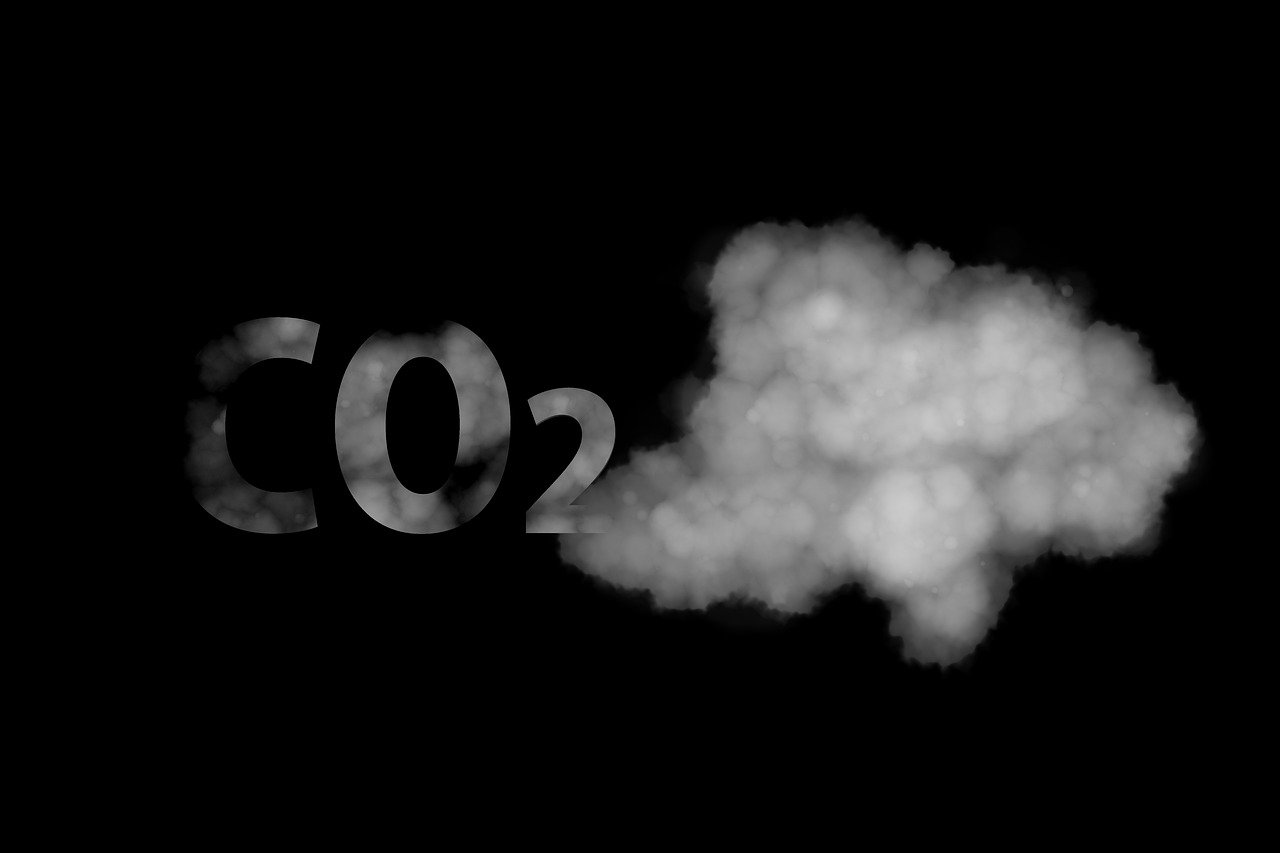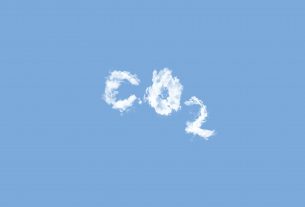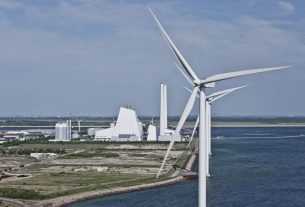Germany – Federal Environment Agency (UBA) in Germany has released a position paper recommending the exploration of Carbon Capture and Storage (CCS) technology in waste management.
The UBA’s proposal underscores the critical importance of transitioning away from fossil fuels, as Germany currently lacks sufficient storage capacity for carbon dioxide (CO2). To ensure the safe storage of CO2 for both human health and the climate, rigorous safety measures are required. This includes the reliable containment of CO2 during transport and storage, particularly when injected into geological formations like gas or oil reservoirs, saline aquifers, or the seabed.
To address these concerns, the UBA suggests initiating CCS testing in waste incineration plants, where non-recyclable waste is converted into heat and electricity. These plants produce CO2 emissions as a byproduct, making them a potential candidate for CCS implementation. This approach, termed Waste CCS (WACCS), offers the dual advantage of capturing and storing CO2 while minimizing the use of additional fossil fuels and harnessing waste heat for productive purposes.
Broader application
However, the UBA maintains a cautious stance regarding the broader application of CCS in sectors such as cement and energy production. Implementing CCS in the energy industry, in particular, could inadvertently hinder the growth of renewable energy sources and climate-friendly alternatives. The UBA asserts that prioritizing CCS in these sectors may impede progress in finding sustainable solutions like timber construction, alternative binding agents, or innovative building materials.
With ambitious climate targets on the horizon, both at the European and national levels, the urgency to reduce greenhouse gas emissions has never been greater. The European Union aims to achieve carbon neutrality by 2050, while Germany aspires to reach this goal by 2045. Despite aggressive climate policies, certain industries will continue to produce unavoidable residual fossil emissions ranging from 40 to 60 million tons of CO2 annually.
To counteract these emissions, the UBA advocates for the preservation and expansion of natural carbon sinks, including forests and wetlands, along with the increased utilization of wood as a sustainable building material. The UBA’s estimation suggests that CCS in waste incineration has the potential to compensate for up to 20 million tons of CO2 annually. This strategy presents a promising pathway for Germany to meet its climate objectives while embracing innovative solutions to manage its carbon emissions.




